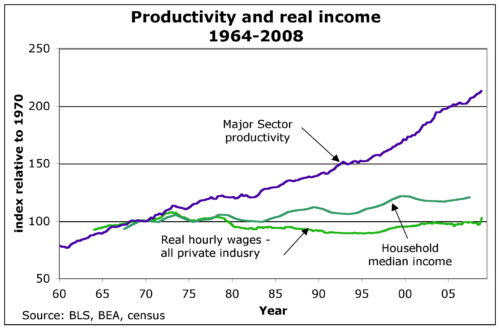
The social contract is held in place by a fine balance. Perhaps most famously expressed as the 13th-century ultimatum given by English barons to the despotic King John that led to the Magna Carta, it can summarised as: treat us well or we’ll chop your head off. This is to say that, the king has the right to be the king, but if he becomes tyrannical then the rest of us reserve the right to overthrow him.
This social contract is not unique to humans – it’s a natural feature of life for all social animals, perhaps most apparent in observing the political machinations of male chimpanzees. The alpha male chimpanzee might get his pick of the females, and he might even get to preoccupy more than one female at any one time, but if he gets too greedy, and tries to monopolise all of them, then the betas will band together from a solidarity borne of mutual frustration and tear him to pieces.
After all, no matter how strong the alpha is, it’s extremely difficult to beat two other healthy, fit males if those two males have sufficient solidarity to work together as a unit. Over the recent ten or so million years, our ancestors evolved to adapt to this brutal calculus. This instinct manifests as a rudimentary sense of justice, which provokes righteous anger if it is violated, such as by a greedy or tyrannical alpha that doesn’t share.
We have inherited similar sentiments from our common ancestor with the other apes, and they have expressed themselves as the multifarious political machinations that humans have contrived over the millennia. The ultimate intent behind all of this manoeuvering is the genetic imperative to get the maximum amount of pussy, which is essentially a question of getting the maximum amount of resources, this being primarily what attracts the females of sexually reproducing species.
Key to understanding anarcho-homicidalism is understanding the eternal truth of this equation.
The amount of pay that a worker gets in 2018 A.D. is the result of a negotiation. The negotiation reflects the amount of relative leverage that the worker has compared to the employer. For the most part, this is a question of the best alternative to a negotiated agreement. For thousands of years, it was understood that if the employer class offered the workers a deal that was so poor that they could not maintain their own basic dignity, as King John had done, this was effectively an attempt to enslave, and in such a case the workers would have the right to kill that enslaver.
This changed about 50 years ago, with the 1968 Revolution. Ever since that tumultuous year, which marked that the Great Pendulum had definitely swung back from the right that caused World War II to the left, Westerners have been conditioned to be nice. All of the problems of the Great Wars, we were told, stemmed from human nastiness. Now we have to be nice, nice, nice – all the time!
At the same time that the human masses were decoupled from their natural instincts to sometimes be nasty in defence of their basic interests, wages decoupled from productivity (as can be clearly seen from the graph at the top of this essay). Every member of the ruling class, in particular economists and politicians, will tell you that this is a coincidence. But the anarcho-homicidalist knows that it is no coincidence.
Basically, we’ve become so domesticated that not only have we lost the desire to kill our enslavers, which was the one thing holding our half of the bargain in place, but we’ve forgotten that it’s even a legitimate option. Because we’re no longer willing to kill, we’ve lost all of our negotiating leverage. In the age of nice, employers can simply play the working masses off against each other in a race to the bottom, knowing full well that there’s no tipping point at which they will feel too humiliated and revolt.
As a natural consequence, wages have plummeted.
Worst of all, we’re getting nicer and nicer, as most of us are now so powerfully conditioned against violence by a merciless school system that we resemble Alex from A Clockwork Orange after his exposure to the Ludovico technique. The very thought of rebellion is terrifying to a population no longer allowed to write ‘faggot’ on FaceBook, and where protesting the wrong religion will get you beaten to death in prison. One can therefore expect that our negotiating position will continue to weaken.
This is where the philosophy of anarcho-homicidalism becomes necessary: to restore the lost half of the negotiating equation. Those who consider themselves fit to rule need to learn, once again, to fear those who they presume to command. Because, no matter what your ruler says, it’s always, always, always permissible to kill someone trying to enslave you.
Anyone who is incapable of understanding this is already a slave!
*
This essay is an excerpt from The Anarcho-Homicidalist Manifesto, written by Viktor Hellman and due for release by VJM Publishing in the autumn of 2019.
